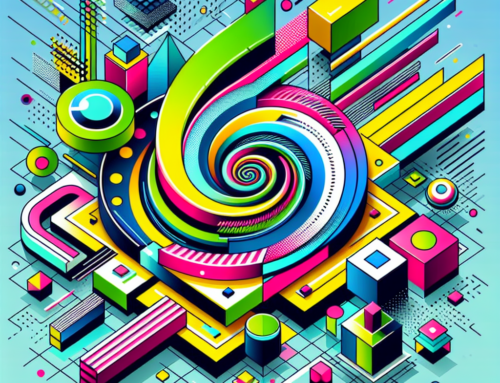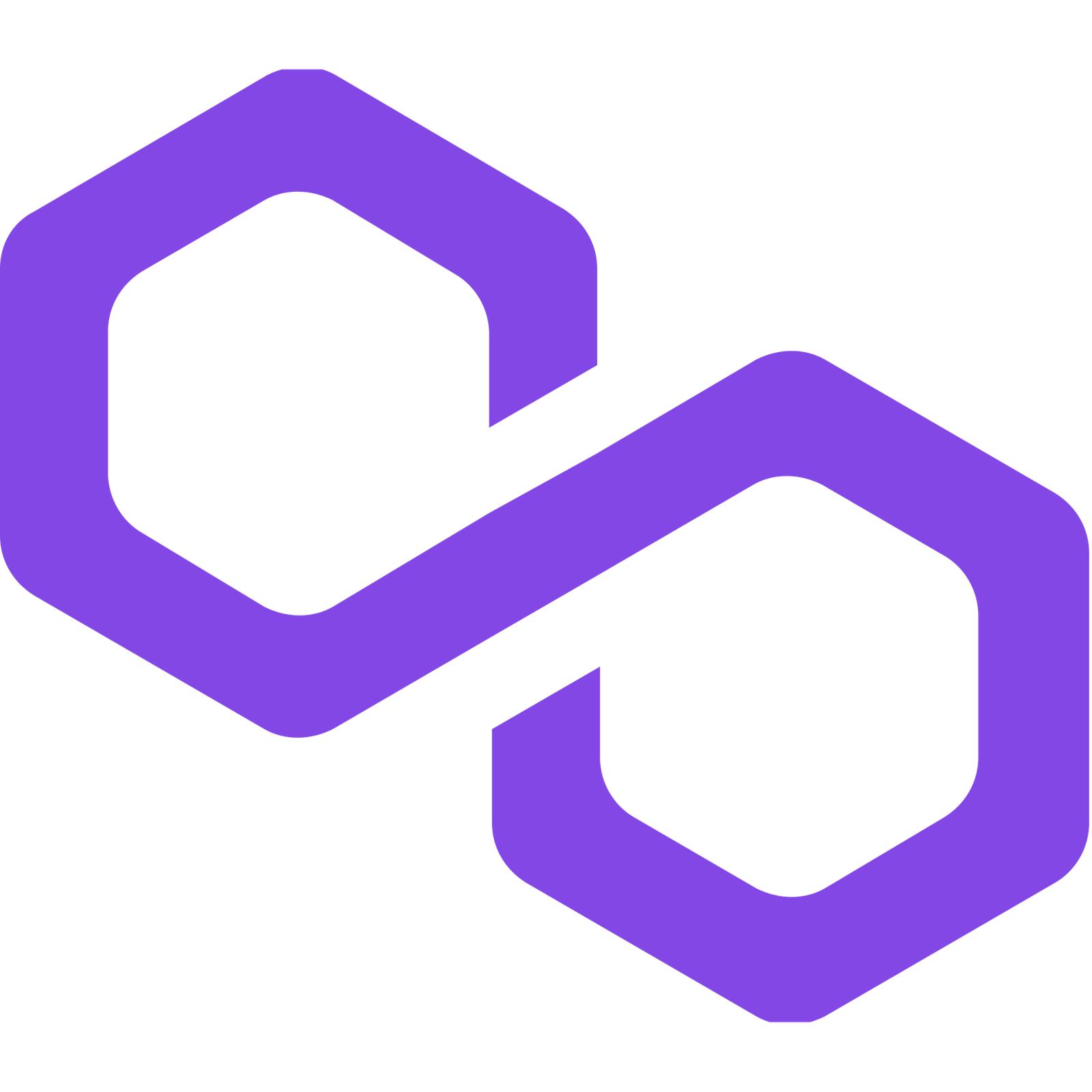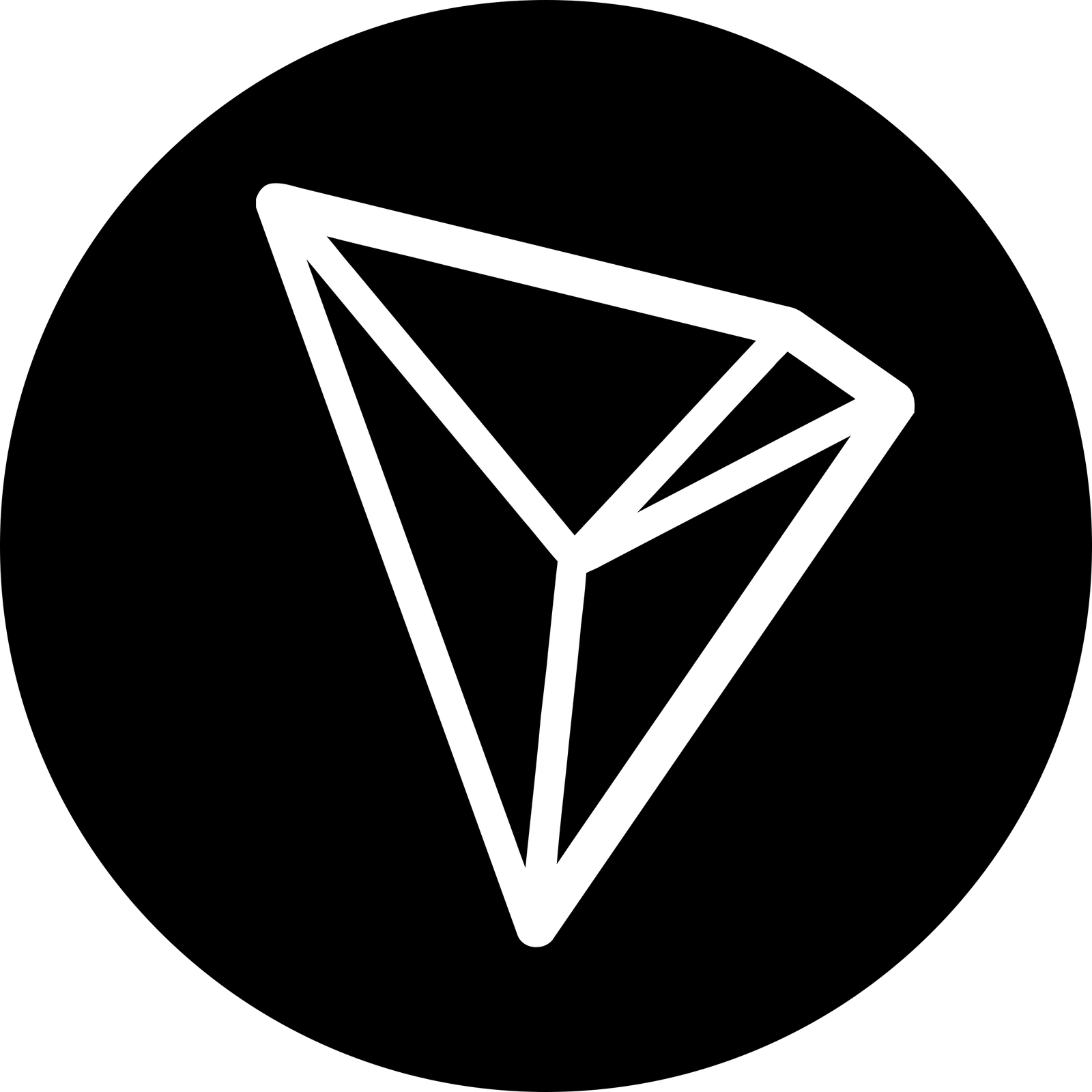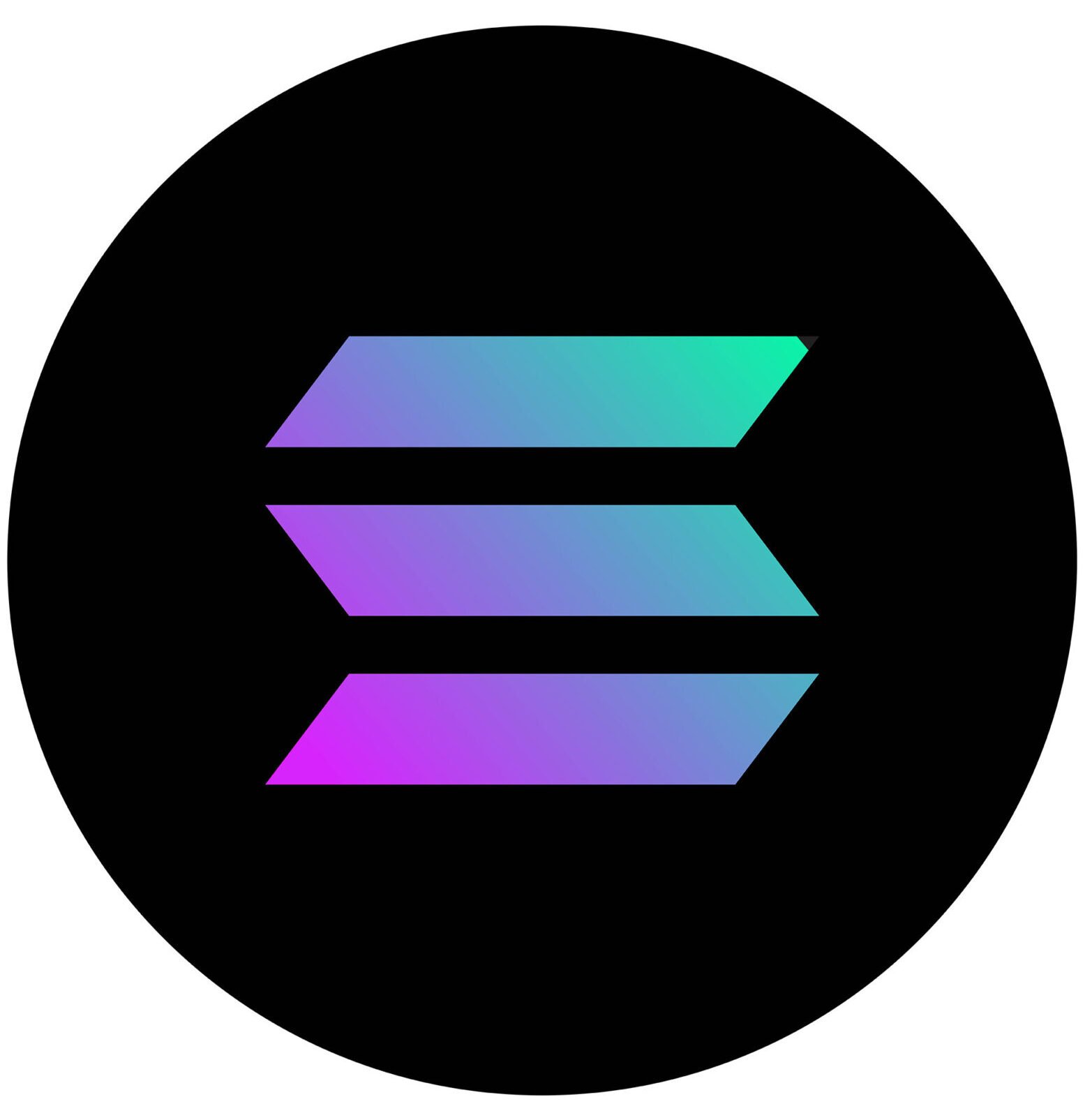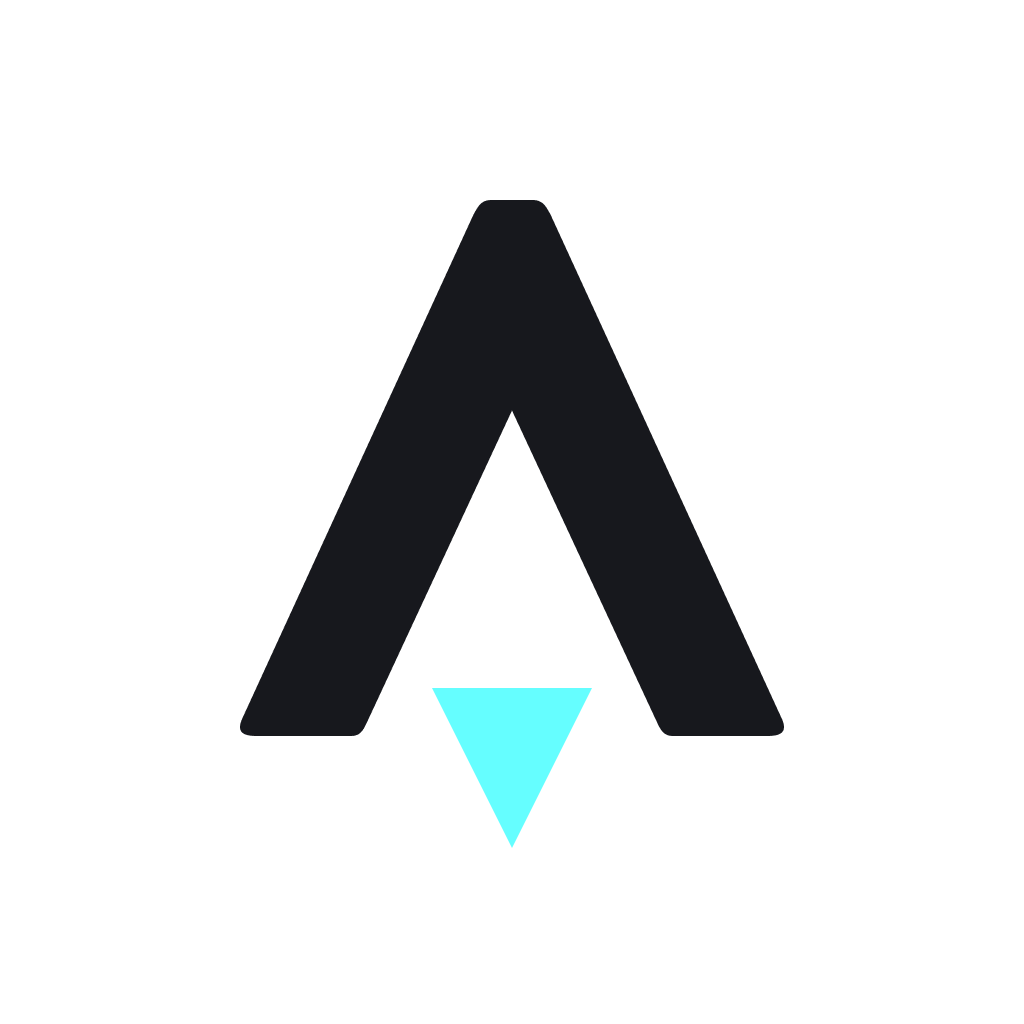Unlocking Fun: NFTs Transforming the Gaming World
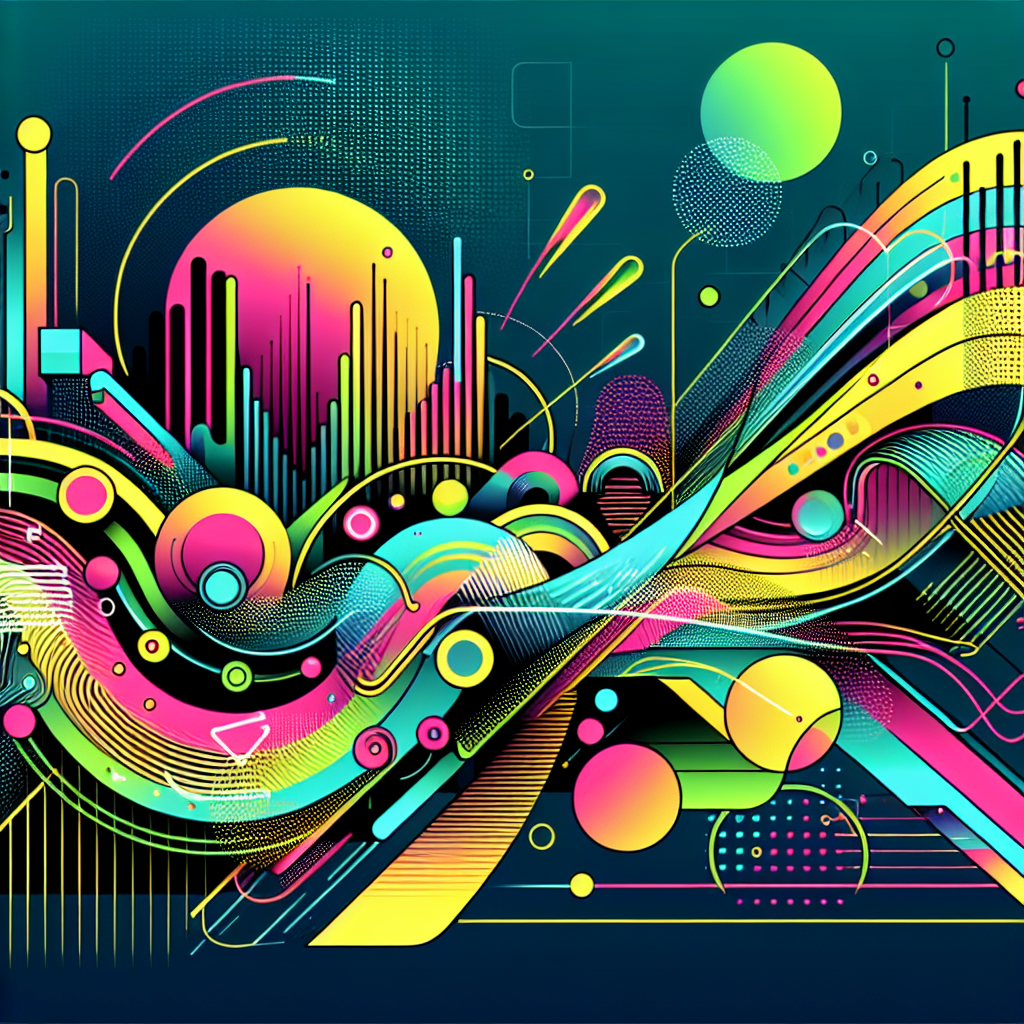
Unlocking Fun: NFTs Transforming the Gaming World
The intersection of gaming and Web3 technologies, particularly Non-Fungible Tokens (NFTs), has catalyzed a revolutionary shift in how players interact with games and digital assets. By leveraging the unparalleled capabilities of blockchain technology, NFTs are not only redefining ownership but are also setting the stage for a robust digital economy that permeates various sectors, from finance to art. In this exploration of the latest trends and developments within the Web3 ecosystem, we’ll delve into how these advancements are reshaping the gaming landscape while considering their broader implications.
Innovative Developments & Emerging Technologies
The Web3 ecosystem is characterized by rapid innovation, with advancements in blockchain protocols enabling smoother transactions and enhanced security. Platforms like Ethereum, which has long been the backbone of NFT creation, are evolving to support higher throughput and lower costs through updates like Ethereum 2.0. As noted by sources such as CoinTelegraph, layer-2 solutions and alternative blockchains are also on the rise, providing faster and cheaper alternatives for developers and users alike.
In tandem with blockchain advancements, technologies like artificial intelligence (AI) and immersive experiences through virtual reality (VR) and augmented reality (AR) are converging within the metaverse, offering players unique and meaningful interactions. Beyond simply playing games, participants are creators within a digital ecosystem, able to design their own experiences and monetize them. Innovations from companies focusing on AR, such as Niantic, showcase how these technologies can create real-world engagement tethered to digital experiences.
Blockchain and Crypto in the Mainstream
The infusion of blockchain and cryptocurrency into mainstream industries is no longer a distant prospect; it’s a burgeoning reality. Various sectors, including finance and entertainment, are embracing decentralized platforms which not only enhance user engagement but also trust in transactions. For instance, decentralized finance (DeFi) platforms enable players to lend, borrow, and stake their in-game assets, providing a new layer of utility.
Projects like Aavegotchi exemplify this crossover between gaming and DeFi, allowing players to engage in finance while having fun. Game assets are no longer locked away; instead, they can be utilized in multiple ways across various platforms, fundamentally altering how users perceive ownership and value in the digital space.
Web3 and Gaming: A New Era of Player Engagement
At the heart of the NFT revolution in gaming are platforms that fully embrace blockchain’s potential. Titles like Axie Infinity and The Sandbox have emerged as pioneers in this domain, utilizing NFT ecosystems to create thriving economies driven by player participation. Players can breed, battle, and trade digital creatures in Axie Infinity, while The Sandbox provides tools for users to create and monetize their own gaming experiences. In these ecosystems, players are rewarded in cryptocurrencies, insisting that gamers can earn a living doing what they love.
These developments signify that digital ownership will take on new meanings, where players’ investments—both time and money—will have tangible returns and implications for their economic lives. As CoinDesk recently reported, this shift could pave the way for entire career paths built around gaming skills.
The Role of Decentralized Autonomous Organizations (DAOs)
As Web3 continues to grow, the introduction of Decentralized Autonomous Organizations (DAOs) is adding a new dimension to governance within online communities. DAOs allow participants to collaboratively make decisions about game development, rule changes, and new features through a democratic voting process, reshaping how organizations operate.
As cited by DAOstack, this structure decentralizes power and fosters a sense of community ownership, engaging players at every level. This new model invites players not just to play but to influence the direction of the game they’re invested in, making them stakeholders in both the game and the economy that surrounds it.
A Vision for the Future
Looking towards the future, the implications of Web3’s growth are expansive. The blending of decentralized technologies, AI, and immersive virtual environments is likely to redefine digital experiences fundamentally. We may see the emergence of fully realized metaverses where players can traverse multiple gaming worlds as avatars, utilizing a single digital identity for transactions across platforms.
Moreover, as noted by Decrypt and NFT Now, creators across different sectors—from art to finance—will likely adapt their business models to leverage blockchain’s transformative capabilities, fostering a new digital economy anchored in transparency and user engagement.
Conclusion: Embrace the Evolution of Digital Experiences
The rapid advances in the Web3 space highlight a transformative phase where NFTs, blockchain, and decentralized systems are dismantling traditional hierarchies. As these technologies continue to evolve, they will unlock further opportunities for creativity and engagement across industries, reshaping global economies and digital experiences.
Staying informed has never been more crucial. The growing decentralized digital ecosystem invites readers to explore new platforms, engage with innovative projects, and actively participate in shaping digital ownership’s future. So, as the landscape continues to shift, consider diving into the Web3 universe—an exciting frontier of boundless potential awaits.



